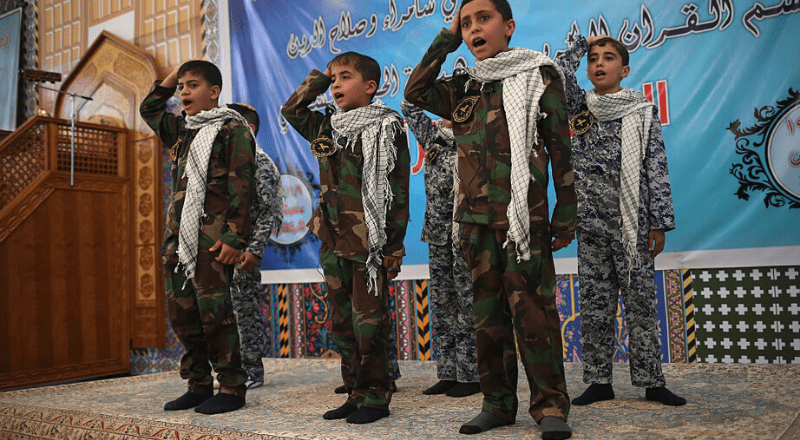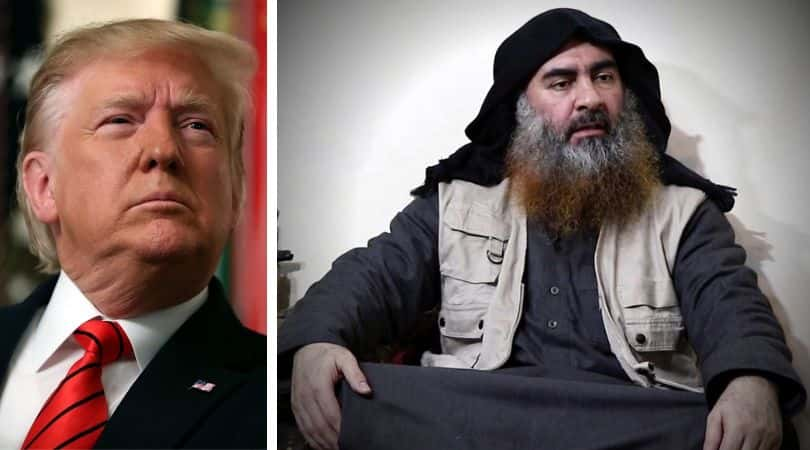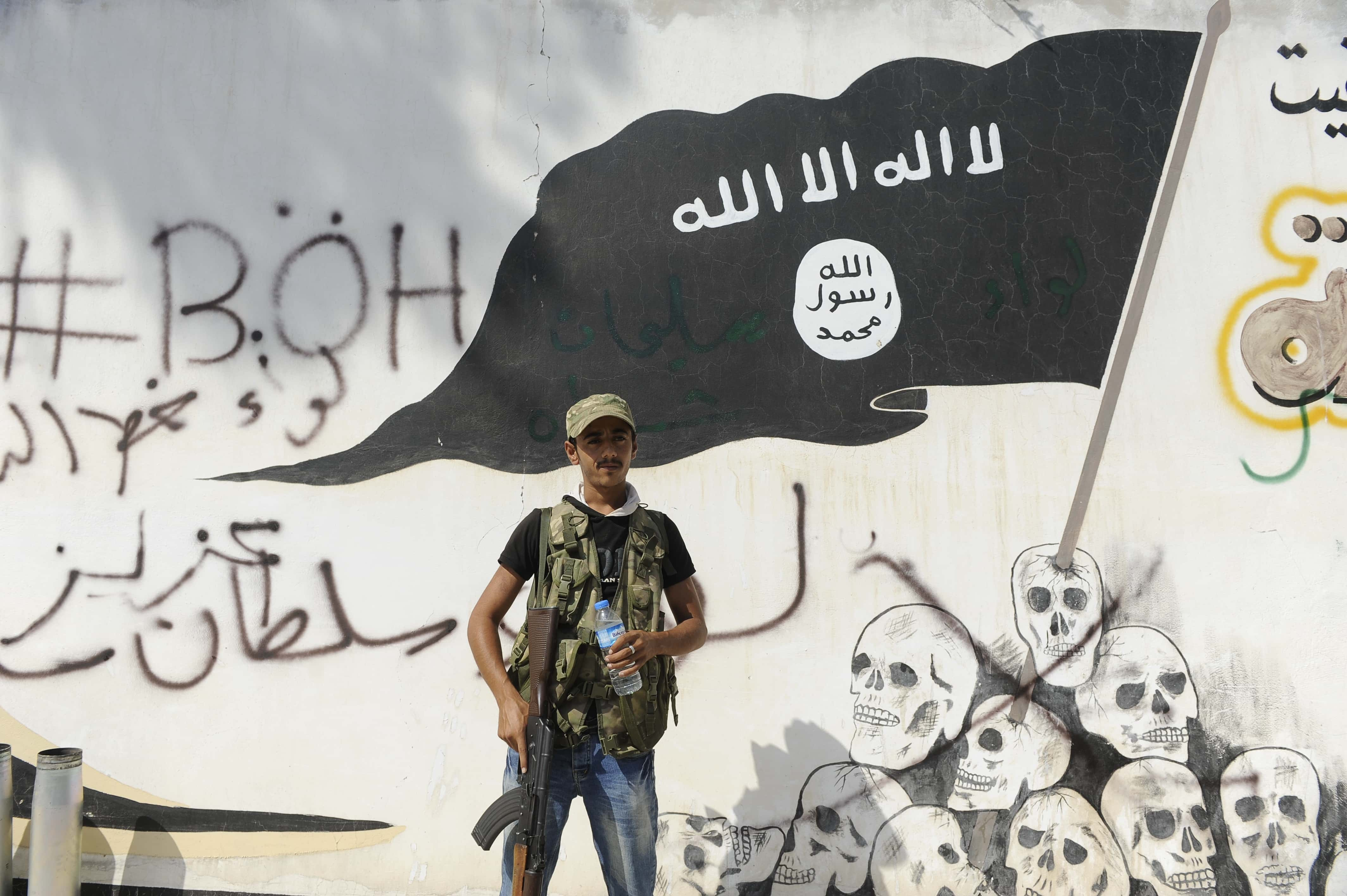EXCLUSIVE: By killing Al-Baghdadi Trump may have offered ISIS a comeback route, but it's not up to the West to confront terror group

President Donald Trump announced on Sunday, October 27, the death of Islamic State Abu Bakr Al-Baghdadi during a mission by special operations forces near Barisha in Syria’s Idlib province the previous night. News about the 48-year-old terrorist’s death is something not new as both the US and Russia have claimed in the past to have killed him. But a confirmation by Trump this time makes it appear certain.
MEA WorldWide (MEAWW) spoke with Professor Ibrahim Al-Marashi, an associate professor at the department of history at California State University, San Marcos, on issues related to the death of Al-Baghdadi and what it means for Middle East politics. An expert on Middle East history, Professor Al-Marashi made the headlines a few years ago when it was revealed that the Tony Blair government in the UK had plagiarised one of his articles he had written as a student in 2003 to justify the invasion of Iraq that year on grounds that its former leader Saddam Hussein possessed weapons of mass destruction. Even the then US secretary of state Colin Powell used much of Al-Marashi’s work to make the case against Hussein at the United Nations. Here are some excerpts from the interview of Professor Al-Marashi:
With Abu Bakr Al-Baghdadi now dead, what's next for the Islamic State (IS)?
In terms of a state and idea, the ISIS has suffered severe setbacks. The Islamic State’s most potent idea was resurrecting the caliphate, and its first “caliph” has died. However, the ISIS will still pose a threat as a terrorist group under its new leader.
The IS is more decentralized in its functioning. For such an outfit, does the death of an individual make a big difference?
Despite the death of its leader, the ISIS can continue to launch terrorist strikes and guerrilla-style hit-and-run attacks as it did when it was diminished. Most of its cells are autonomous and financially self-sufficient and as thus would not suffer from the decapitation of its leadership.

Do you think the Trump administration will try to hide its 'withdrawal from Syria' with the killing of Al-Baghdadi? But these two moves look contradictory.
While Trump has deprived these followers of their caliph, he also presented them with an opportunity for a comeback. Trump’s decision to withdraw military forces from Syria gave a de-facto blessing to the Turkish incursion into Syria Kurdish-held territories. The ISIS can endure as it thrived in chaos in Syria, as it did in 2011 when the Syrian civil war erupted and is happening now, with fighting between Syrian Kurds and Turkey.

The name 'Islamic State' has a profound appeal, as against other terror groups. You have said in another article that Al-Baghdadi's biggest success was that he declared a caliphate that no other group could before. Can the West fight the idea of IS successfully in its war on terror apart from eliminating individual leaders?
The idea of the IS ultimately a fringe idea in response to failed governance in the Middle East. It's not up to the West to confront it. I think the protests in Iraq and Lebanon have a greater appeal to the inhabitants of the region than the IS experiment. That is a grass-roots non-western response to failed governance and has more legitimacy in the eyes of Arabs and Muslims.
The cross-border chaos that the IS has caused has put vast zones of the Middle East in jeopardy. Is the Middle East set for an earth-shattering change in the days to come where national borders will be replaced more by ethnic and sectarian ones?
Not really. The borders in Yemen and Libya are still intact. It is the implosion of the state that is the real problem there and in Syria and Iraq.

Iran has said that the elimination of Al-Baghdadi is not a big deal and stated that the US killed its own creature. It's no surprise that Tehran will appreciate the US action the least but is there a touch of truth in what it said? Would IS have been the problem it is today if there were no 2003 Iraq war?
Yes. Daesh recruited among officers who lost their jobs and prospects for the future after Iraq’s armed forces were disbanded by the Coalition Provisional Authority in 2003, or denied employment due to the subsequent de-Ba‘athification policies, affecting both Iraqi Arab and Turkmen Sunnis.
Professor Ibrahim Al-Marashi, an Iraqi-American, has worked in various universities and institutions across the world and has lived in Saudi Arabia, Yemen, Egypt and Morocco at different points of time. His most recent books are 'The Modern History of Iraq', co-penned with Phebe Marr, and 'A Concise History of the Middle East', co-authored with Arthur Goldschmidt Junior.










